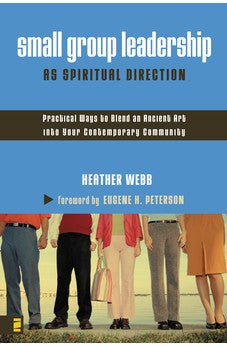Christian Mission and Economic Systems: A Critical Survey of the Cultural and Religious Dimensions of Economies
3 Great Reasons to Buy from Us:
Christian mission in the twenty-first century has emphasized endeavors that address poverty alleviation, business as mission, marketplace ministry, rural/urban development, microeconomics, and Christian attitudes toward money and consumerism. However, neither the macroeconomic circumstances in which the church does such ministry nor the assumptions that believers have absorbed from the larger economy have been adequately explored. Christian Mission & Economic Systems gathers scholars, experts, and practitioners to address the relationship of Christians to the economic systems in which they are embedded and do ministry, and to evaluate the different cultural and religious dimensions of both micro- and macroeconomic systems around the world from a kingdom perspective. Practitioners doing business as mission will grow in their understanding of the significance of local economic practices. Students and academics will benefit from the critical assessment of the intersection between micro- and macroeconomic systems in the contexts of specific ethnographic circumstances. Missionaries and churches will glean new insights on the difference that being a Christian makes to economic life. NGOs, nonprofits, or other Christian organizations doing work related to markets will benefit from a challenge to their previous understandings. Since work for the kingdom always takes place in some kind of an economic environment, this book will equip Christians in a variety of capacities to be more effective in their ministries.ReviewThe book makes a significant contribution in rethinking the relationship between Christian mission and economics. The studies introduce fresh approaches like reciprocity in economic understanding, learning from Islam's approach to free-market capitalism, the moral logic explaining "bribes" in some cultures, and the economic struggles of pastors in the developing world. The studies set a benchmark for empirically grounded, theoretically informed research about the contexts of Christian mission. Its innovative research approaches are a good model for those researching Christian mission. Vinay Samuel
Christian mission in the twenty-first century has emphasized endeavors that address poverty alleviation, business as mission, marketplace ministry, rural/urban development, microeconomics, and Christian attitudes toward money and consumerism. However, neither the macroeconomic circumstances in which the church does such ministry nor the assumptions that believers have absorbed from the larger economy have been adequately explored. Christian Mission & Economic Systems gathers scholars, experts, and practitioners to address the relationship of Christians to the economic systems in which they are embedded and do ministry, and to evaluate the different cultural and religious dimensions of both micro- and macroeconomic systems around the world from a kingdom perspective. Practitioners doing business as mission will grow in their understanding of the significance of local economic practices. Students and academics will benefit from the critical assessment of the intersection between micro- and macroeconomic systems in the contexts of specific ethnographic circumstances. Missionaries and churches will glean new insights on the difference that being a Christian makes to economic life. NGOs, nonprofits, or other Christian organizations doing work related to markets will benefit from a challenge to their previous understandings. Since work for the kingdom always takes place in some kind of an economic environment, this book will equip Christians in a variety of capacities to be more effective in their ministries.ReviewThe book makes a significant contribution in rethinking the relationship between Christian mission and economics. The studies introduce fresh approaches like reciprocity in economic understanding, learning from Islam's approach to free-market capitalism, the moral logic explaining "bribes" in some cultures, and the economic struggles of pastors in the developing world. The studies set a benchmark for empirically grounded, theoretically informed research about the contexts of Christian mission. Its innovative research approaches are a good model for those researching Christian mission. Vinay Samuel



































